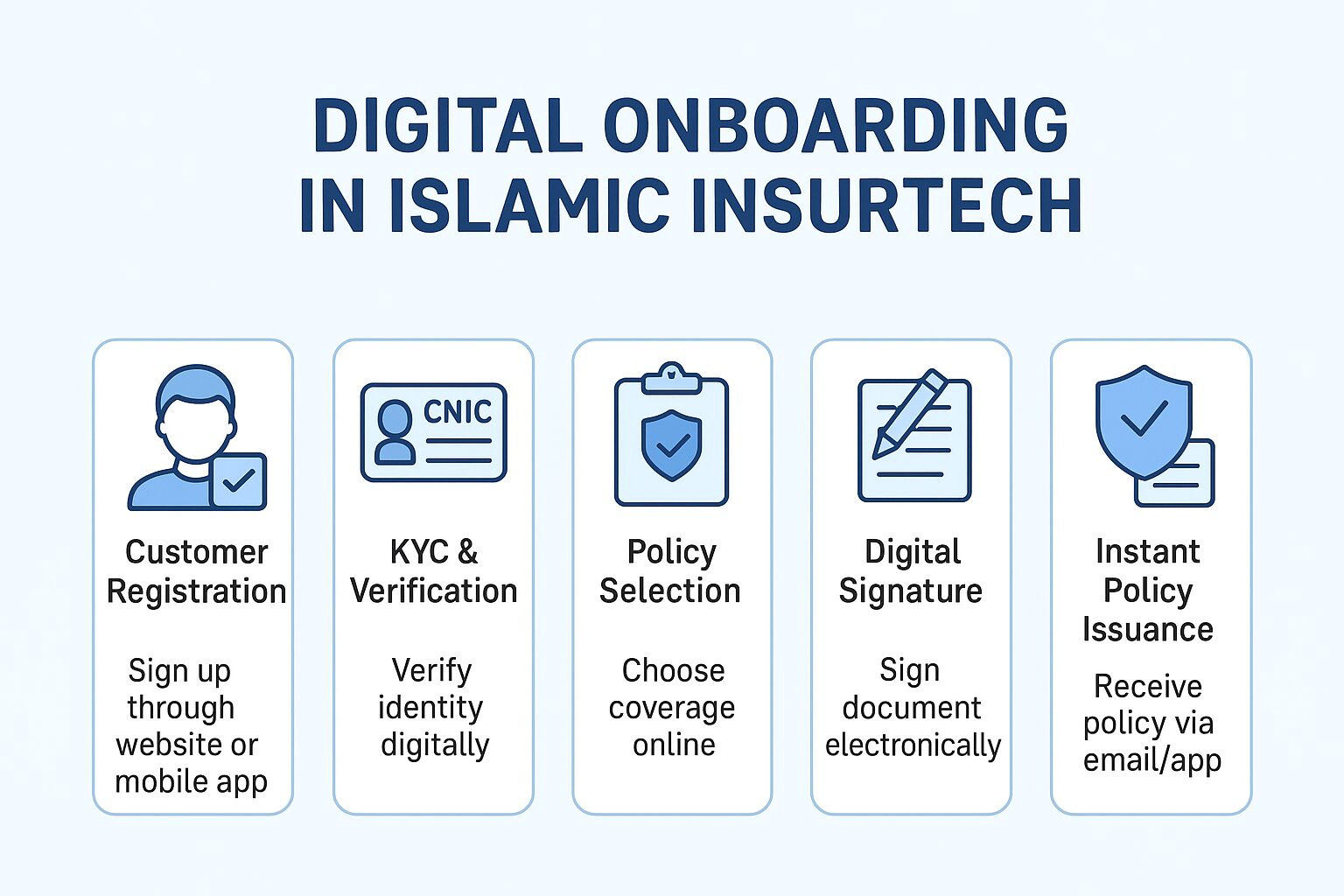Exploring Key Contributions in Islamic Finance, Insurance, and Big Data Analytics: A Summary of M. Saeed’s Research
My research topics are on Islamic economics, Islamic finance, Islamic insurance (Takaful), big data, cloud computing, internet of thing, machine learning, blockchain and technology adoption in the insurance sector and human resource management. A below is list of articles published in reputable international and local journals:
- Mediation Effect of Psychological Contract between Personality Dimensions and Turnover Intention
Cited by: 29 | Year: 2020
Journal: Journal of Economics, Finance and Administrative Science
Summary:
This article is pertaining to the role of the psychological contract in mediating the relationship between personality traits and turnover intention. It depicts to employees’ perceptions of employer obligations that affect their intent to leave an organization including the impacts of personality traits.
- Challenges of Islamic Insurance (Takaful) Globally
Cited by: 13 | Year: 2019
Publisher: Center for Islamic Finance, COMSATS University Islamabad
Summary:
This article reviews the challenges facing the global Islamic insurance industry (Takaful). It explores regulatory, market, and operational obstacles that negatively impact to the growth and development of Takaful in different regions, with recommendations for overcoming these barriers.
- Effect of Takaful Models on Performance of Takaful Operators
Cited by: 12 | Year: 2019
Available at: SSRN 3500383
Summary:
This article analyzes the different Takaful models and their impact on the performance of takaful operators. This also examines the challenges associates with these models.
- The Effects of Monetary Policy on Poverty Alleviation in Pakistan
Cited by: 11 | Year: 2020
Available at: SSRN 3693375
Summary:
This paper explores the influence of monetary policy on poverty alleviation in Pakistan. It identifies the direct and indirect effects of monetary policy on income distribution, employment, and poverty rates, offering insights into the effectiveness of central banking tools in addressing socio-economic challenges.
- The Adaptation of Internet of Things in the Indian Insurance Industry—Reviewing the Challenges and Potential Solutions
Cited by: 9 | Year: 2022
Journal: Electronics
Summary:
Researcher investigates the integration of the Internet of Things (IoT) into the Indian insurance market. The article shows both the challenges—such as data privacy, regulatory concerns, and technological integration—and the potential benefits of IoT in enhancing customer experience, risk management, and operational efficiency.
- Green Sukuk for Financing Renewable Projects in Islamic Social Finance: Problems and Solutions
Cited by: 7 | Year: 2021
Publisher: Contemporary Issues in Islamic Social Finance
Summary:
The role of Green Sukuk in financing renewable energy projects within the framework of Islamic finance is explored. The article explores the potential of Islamic financial instruments to support sustainability initiatives, identifying challenges like liquidity, market development, and regulatory frameworks while proposing solutions for enhanced implementation.
- Big Data Analytics Adoption in the Indian Insurance Industry: Challenges & Solutions
Cited by: 6 | Year: 2022
Book Chapter: Big Data Analytics in the Insurance Market
Summary:
This book chapter examines into the adoption of big data analytics within India’s insurance industry. It outlines the challenges faced by insurance companies, including data governance, skill shortages, and technological infrastructure gaps, and offer strategic solutions for leveraging data analytics to drive growth and innovation in the sector.
- Big Data Analytics Technology Adoption in Kenya Insurance Industry: A Systematic Literature Review
Cited by: 3 | Year: 2023
Journal: Asian Bulletin on Big Data Management
Summary:
This study conducts a systematic review of literature on big data adoption in the Kenyan insurance industry. The paper identifies key factors influencing adoption rates and discusses the technological, economic, and regulatory hurdles that companies face, emphasizing the need for tailored solutions to encourage data-driven transformation.
- Revolutionizing the Insurance Sector in India: A Case of Blockchain Adoption Challenges
Cited by: 3 | Year: 2022
Journal: International Journal of Contemporary Economics and Administrative Sciences
Summary:
This article investigates the challenges faced by the Indian insurance sector in adopting blockchain technology. It represents issues like regulatory concerns, technological limitations, and resistance to change, while exploring how blockchain could improve transparency, efficiency, and fraud prevention in the industry.
- Enhancing Micro-Takaful in Pakistan: Problems and Solutions
Cited by: 3 | Year: 2021
Journal: Journal of Finance and Accounting Research
Summary:
This research focuses on the micro-Takaful sector in Pakistan, which aims to provide affordable insurance coverage to low-income communities. It discusses the challenges of reaching underserved populations and proposes innovative solutions to enhance the scalability and impact of micro-Takaful schemes in Pakistan.
- Practitioners’ View on InsurTech Adoption Challenges in Pakistan: A Qualitative Content Analysis
Cited by: N/A | Year: 2024
Journal: International Journal of Economics, Management and Accounting
Summary:
In this qualitative study, researchers analyze the perspectives of industry practitioners on the adoption of InsurTech in Pakistan. The paper identifies key barriers such as technological readiness, regulatory frameworks, and market education, offering a roadmap for overcoming these challenges to modernize Pakistan’s insurance sector.
- Implementation Issues of Partnership (Musharaka) and Diminishing Partnership (Muntiqa Musharaka)
Cited by: N/A | Year: N/A
Available at: SSRN 3276645
Summary:
This article explores the practical challenges involved in implementing Musharaka (joint venture) and Diminishing Musharaka (dissolving partnership) contracts within Islamic finance. The article investigates into legal, financial, and operational complexities, proposing ways to enhance the viability and scalability of these partnership models in various markets.
Conclusion
Maryam Saeed’s scholarly contributions have had a significant impact on various sectors, particularly Islamic finance, Takaful, and the integration of advanced technologies like IoT, blockchain, and big data analytics within the insurance industry. Through his research, Maryam addresses complex challenges faced by these industries, providing valuable insights that bridge theoretical knowledge with practical solutions. Her work continues to shape the future of Islamic finance and insurance, offering a comprehensive understanding of how these sectors can evolve in the face of technological disruptions and regulatory demands.






